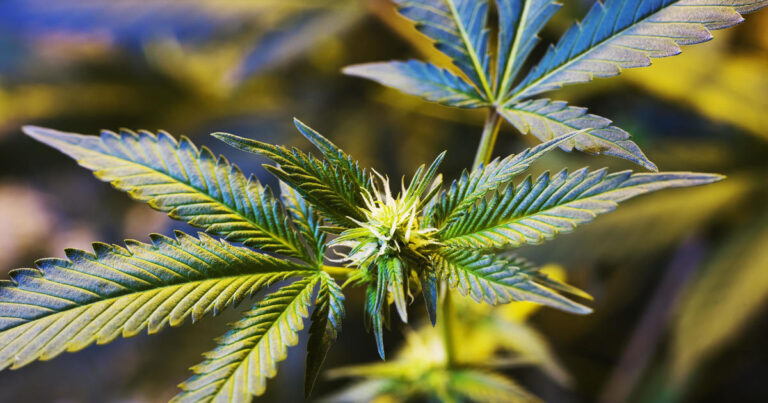NEW HOPE, Minn. — Minnesota is about three months away from legalizing the purchase and sale of recreational marijuana, but this big change is sure to lead to other changes when it comes to medical marijuana.
More than 48,000 Minnesotans have already purchased marijuana through the state's medical marijuana program, which opened in 2015. Two licensed retailers, RISE and Green Goods, operate 15 dispensaries in the state.
“There was such a stigma for me,” said Chelsea Swanson, a patient at St. Francis. “Once you try it, you can't go back. I'll always be using medical marijuana.” “Marijuana has helped me with less nausea and pain, and has helped me function. I've gotten off prescription drugs, and that's because of marijuana.”
Swanson drives about 30 miles to shop at the New Hope dispensary, but if a recreational dispensary were to open in Minnesota, he wouldn't necessarily have to travel that far or be regulated. There will be no need to register for the program (which could happen as early as next year).
Still, Swanson insisted it was worth the trip.
“What you get here is the highest quality. It's grown and made in Minnesota,” she explained. “This plant is a plant, but we know it's grown here and it's not grown under any harmful chemicals or fertilizers or anything like that.”
But if trends in other states are any indication, the medical marijuana industry will likely take a hit if recreational marijuana gets the green light in Minnesota. According to data from the Michigan Cannabis Regulatory Agency, pharmaceutical sales in August 2024 were approximately $1.2 million, while recreational sales were a whopping over $294 million.
State officials with the Minnesota Cannabis Control Authority maintain that the protocols regulating medical marijuana provide the basis for regulating general adult use. Everything from seeds to sales, not to mention the cannabis itself and its cultivation methods, is done in Minnesota. Safety standards.
However, where things are different is at the cash register, as medical cannabis will still be tax-exempt.
“Especially in this economy, every dollar counts,” Swanson said. “If you tax it, it's hundreds of dollars a year for me.”
Another difference, state officials said, is that possession and potency restrictions will still apply to recreational marijuana, but not medical marijuana.
In addition to competition from the recreational market, the pharmaceutical market will see other changes in 2025, including a reduction in the $200 annual registration fee for patients. Also next year, patients will need to be recertified by their doctors every three years instead of every year.
Additional changes to health care programs under the new law include allowing patients in programs in other states to purchase products in Minnesota under a “visiting patient option” after two years; This includes lowering the age threshold for registered carers to purchase cannabis flower from 25 years old. From 21 to 18.
More from CBS News
Jonah Kaplan

